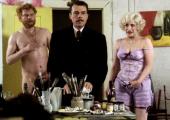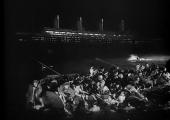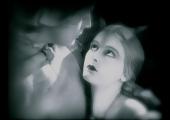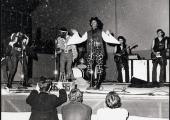DVD: Despair/I Only Want You To Love Me

Two Fassbinder films from the 1970s illuminate his gifts while exposing his weaknesses
Rainer Werner Fassbinder, the wunderkind of New German Cinema, worked at a prodigious rate. By the time of his death in 1982, aged just 37, he’d made over 40 feature films and directed over half as many stage plays. He also made films specially commissioned for television, something that was certainly looked down upon by both mainstream and avant-garde film-makers in the Seventies. Treating his television projects with no less commitment, Fassbinder was an arthouse film-maker who broke the mould in many ways, though his output must be said to be of vastly variable quality.









